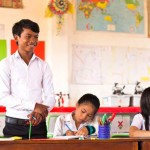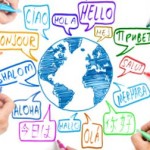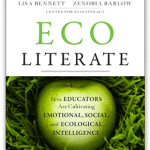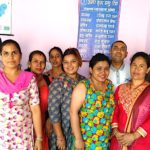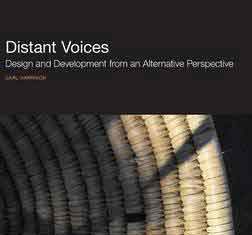Lecturio to Provide Free E-Learning Resources to Improve Global Health
Lecturio, a German tech company, has announced the launch of MEDI, a new Medical Education Development Initiative that aims to support medical capacity building in the developing world.
Tourism for Change: An Inspiring Example from Cambodia
By Jenna Ke
With “adventurous living, responsible giving” as its tagline, PEPY, a non-profit organization based in Cambodia, aims to inspire people to become more responsible donors, travelers, and global citizens through educational tourism.
Translators Without Borders: When Linguistics Saves Lives
By Mike Levin
As of 2015, Translators Without Borders (TWB) is translating 800,000 words a month for 160 humanitarian organizations. Except for a small paid team in Nairobi, all work is done by volunteers. The demand is growing fast, which makes one wonder why it took so long for a global translation NGO to arrive.
Book Review: Ecoliterate—A Book Of Inspiration for Practical Action
by Ioulia Fenton
One of the hardest things to do for anyone interested in issues of environmental sustainability is to translate ideas and complaints into...
Skills-based volunteering: The sustainable option for training grassroots NGOs
CDV Global (Community Development Volunteer Global) is a UK based company that provides pro-bono training and development to these grassroots NGOs through skills-based volunteering programmes.
‘Half of the world’s refugee children out of school due to COVID-19’
The risks to refugee education do not stop with COVID-19. Attacks on schools are a grim and growing reality. The report also elaborates on Africa’s Sahel region where violence has forced the closure of more than 2,500 schools affecting the education of 350,000 students.
Reinventing a New Model for Education in Rural Nepal
By Manoj Kr. Bhusal
A Public school in Western Nepal offers a new educational model that could significantly change Nepal's primary and secondary education systems.Development as Freedom And Education
By Bak Hyejin
Education can be regarded as a crucial factor for the development of capabilities as well as human development. A review of Amartya Sen's seminal work Development as Freedom.
Championing local leadership in development work is fundamental to long-term impact
The development sector replicates many of the very injustices it claims to work against, reproducing these historical power dynamics and stripping agency from the very people it claims to support. How can international organisations truly work towards equality when they underpay local staff, continue to think of development as unidirectional, and don’t allow for a true shift in power towards local leaders who most fully understand the needs of their own communities?
Arts for Social Change? Creative Projects Empowering Women and Youth
By Federica Busiello
When looking for empowerment projects, in a development context, we may think of livelihoods projects, vocational training and income generation activities, or projects that aim to improve access to or quality of education; or at least I used to. I have more recently come across initiatives that use arts for social change: projects that use a creative process to inspire those who participate to empower themselves.



